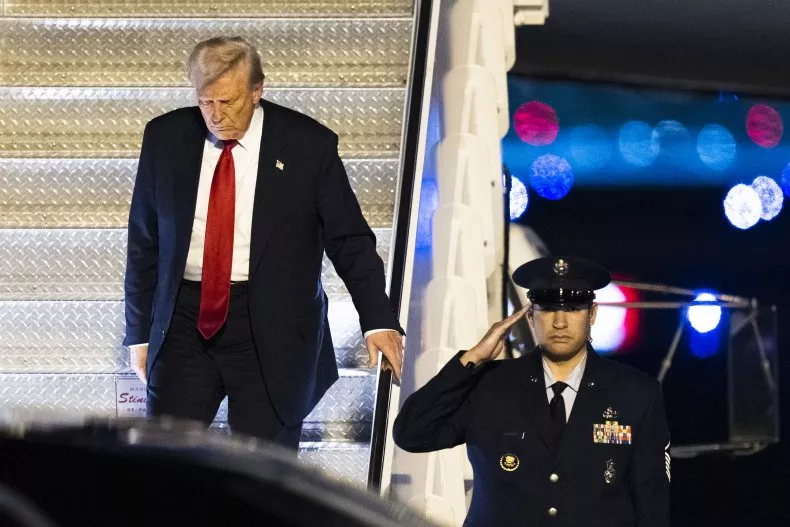Federal Judge Halts Trump’s Venezuela Deportation Order | 2025

Federal Judge Halts Trump’s Venezuela Deportation Order
In a landmark ruling, a federal judge has temporarily blocked the Trump administration from utilizing an 18th-century wartime law to expedite the deportation of Venezuelan gang members. This decision has significant implications for immigration enforcement and executive power in the United States.
Background of the Ruling
U.S. District Judge James E. Boasberg issued the order on Saturday, responding to the government’s immediate actions to remove individuals identified as gang members under President Trump’s executive proclamation. This proclamation invoked a rarely used statute from 1798, which has only been applied three times in U.S. history, with the last instance occurring during World War II when individuals from enemy nations were detained.
The Trump administration’s decision to apply this law for deporting alleged gang members, rather than individuals from a recognized adversarial state, has raised serious legal and constitutional questions. Critics argue that this approach could set a dangerous precedent for the expansion of executive powers in immigration enforcement.
Details of the Executive Proclamation
President Trump’s proclamation, issued just before the court ruling, labeled Venezuelan gangs as an imminent threat to the United States. It stated, “Over the years, Venezuelan national and local authorities have ceded ever-greater control over their territories to transnational criminal organizations, including TdA. The result is a hybrid criminal state that is perpetrating an invasion of and predatory incursion into the United States, and which poses a substantial danger.”
Legal Arguments Presented
Deputy Assistant Attorney General Drew Ensign defended the administration’s actions, arguing that the president possesses broad authority to determine national security threats and act under the 1798 law. He referenced a precedent from 1948 when the U.S. upheld the detention of a German citizen under similar circumstances.
However, the ruling by Judge Boasberg indicates a judicial pushback against the administration’s interpretation of its powers. He stated, “I do not believe I can wait any longer and am required to act … A brief delay in their removal does not cause the government any harm.” This statement underscores the court’s recognition of the need for checks and balances in the face of executive authority.
Implications for Immigration Policy
The ruling represents a significant legal hurdle for the Trump administration’s immigration policies, particularly as it relates to the deportation of individuals identified as gang members. The administration had begun deporting these individuals without following standard immigration proceedings, a move that has drawn criticism from various legal experts and advocacy groups.
According to government sources, El Salvador had already agreed to accept up to 300 deportees under the order, which further complicates the situation. Attorney General Pam Bondi expressed her concerns, stating, “This order disregards well-established authority regarding President Trump’s power, and it puts the public and law enforcement at risk.”
Public Reaction and Future Considerations
The public reaction to the ruling has been mixed, with some supporting the judge’s decision as a necessary check on executive power, while others view it as an impediment to national security efforts. As the legal battle continues, the implications of this ruling could resonate throughout the immigration policy landscape in the United States.
As the situation develops, it will be crucial to monitor how the Trump administration responds to this setback and whether it will seek to appeal the ruling or modify its approach to immigration enforcement.
Conclusion
The temporary block on Trump’s deportation order for Venezuelan gang members highlights the ongoing tensions between executive power and judicial oversight in the realm of immigration policy. As legal challenges continue to unfold, the outcome of this case could have lasting effects on how immigration laws are enforced in the United States.
For more details, you can read the original article here.






